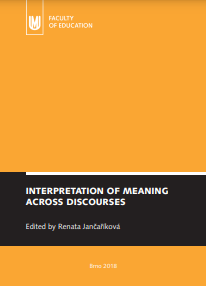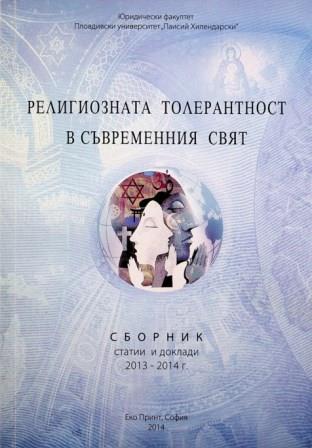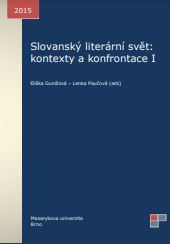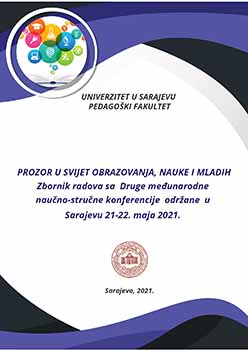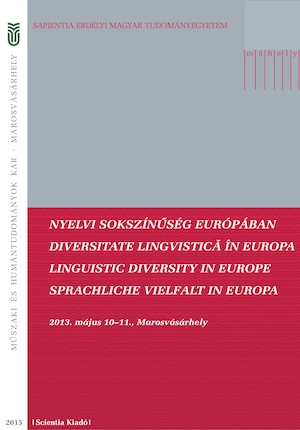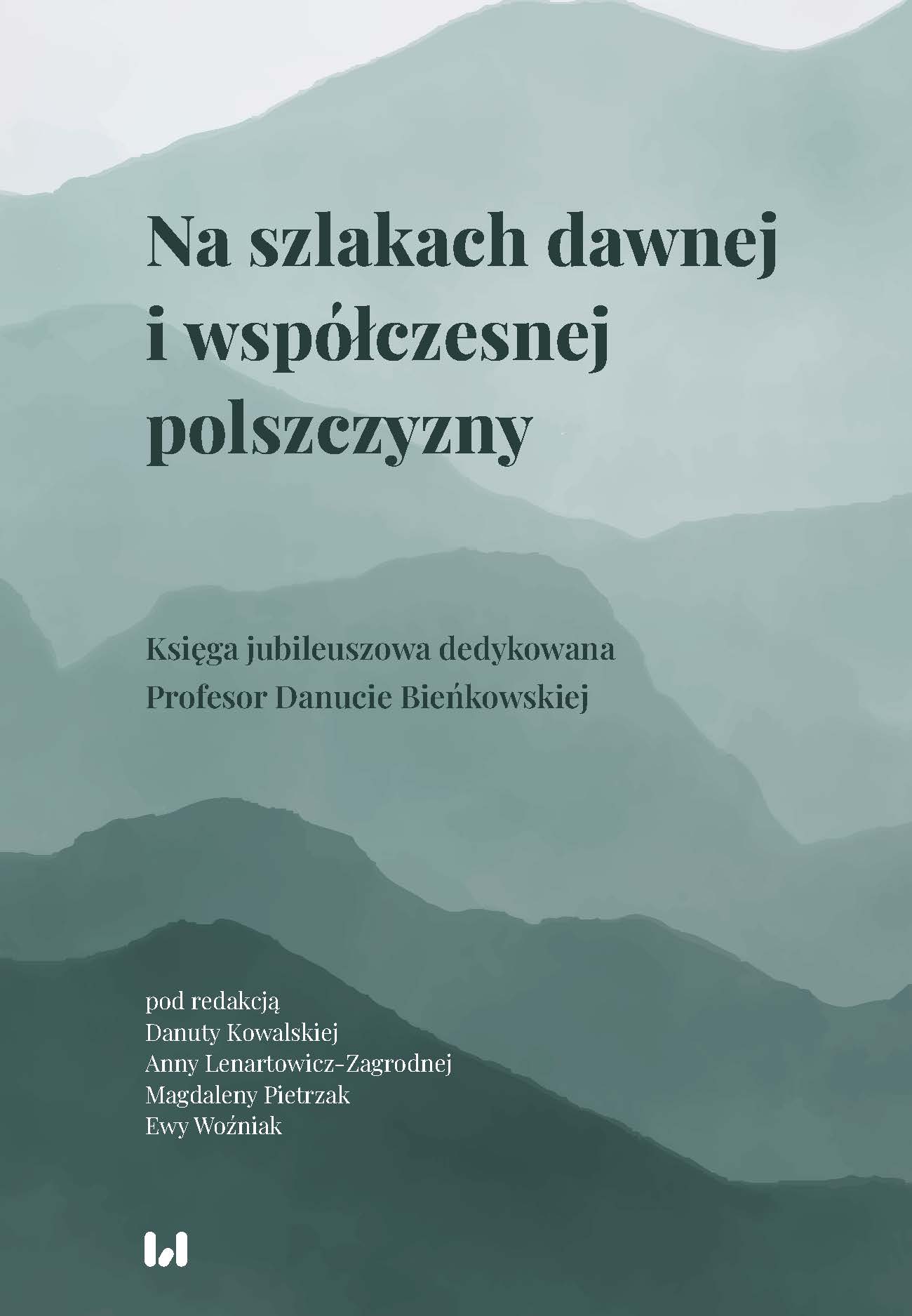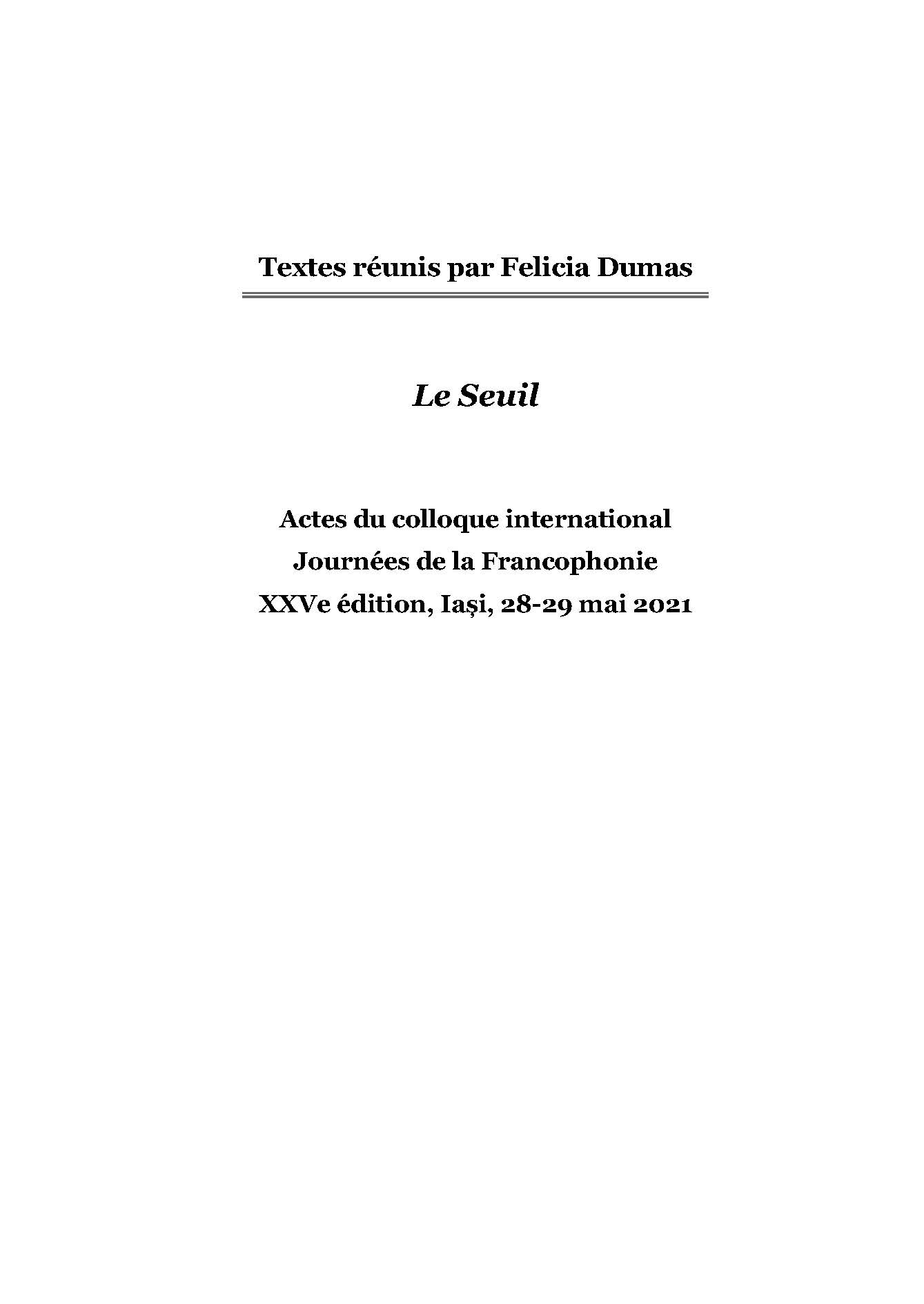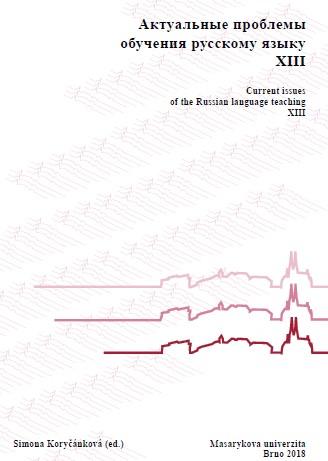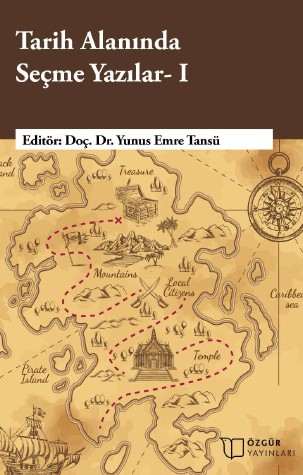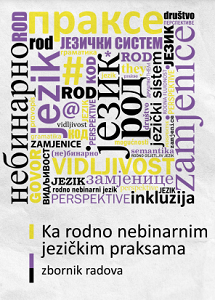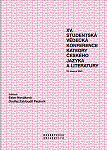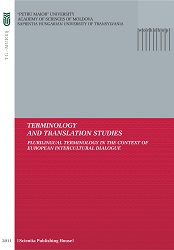
Dificultăţi în utilizarea termenilor cromatici
The question of colours has always concerned both humanists and scientists, being a social question as well, as people do not live alone but in society. The analysis of the special vocabulary demonstrates the importance of the chromatic terms used and defined in a different way than in the general vocabulary. The domain of chromatic terminology is less explored, that is the reason for the emergence of many translation and spelling problems. Colour terminology from the grammatical point of view is part of the class of the adjective, constituting from variable and invariable adjectives. The invariable adjective colour names are less numerous than the variable ones. Their number, insignificant in the older corpora, is growing in the modern language through more or less wide-spread neologisms. The greatest difficulties appear in using invariable adjectives denoting simple, mixed or nuanced colours. The paper inventories a number of difficult cases in the domain and also proposes solutions.
More...
